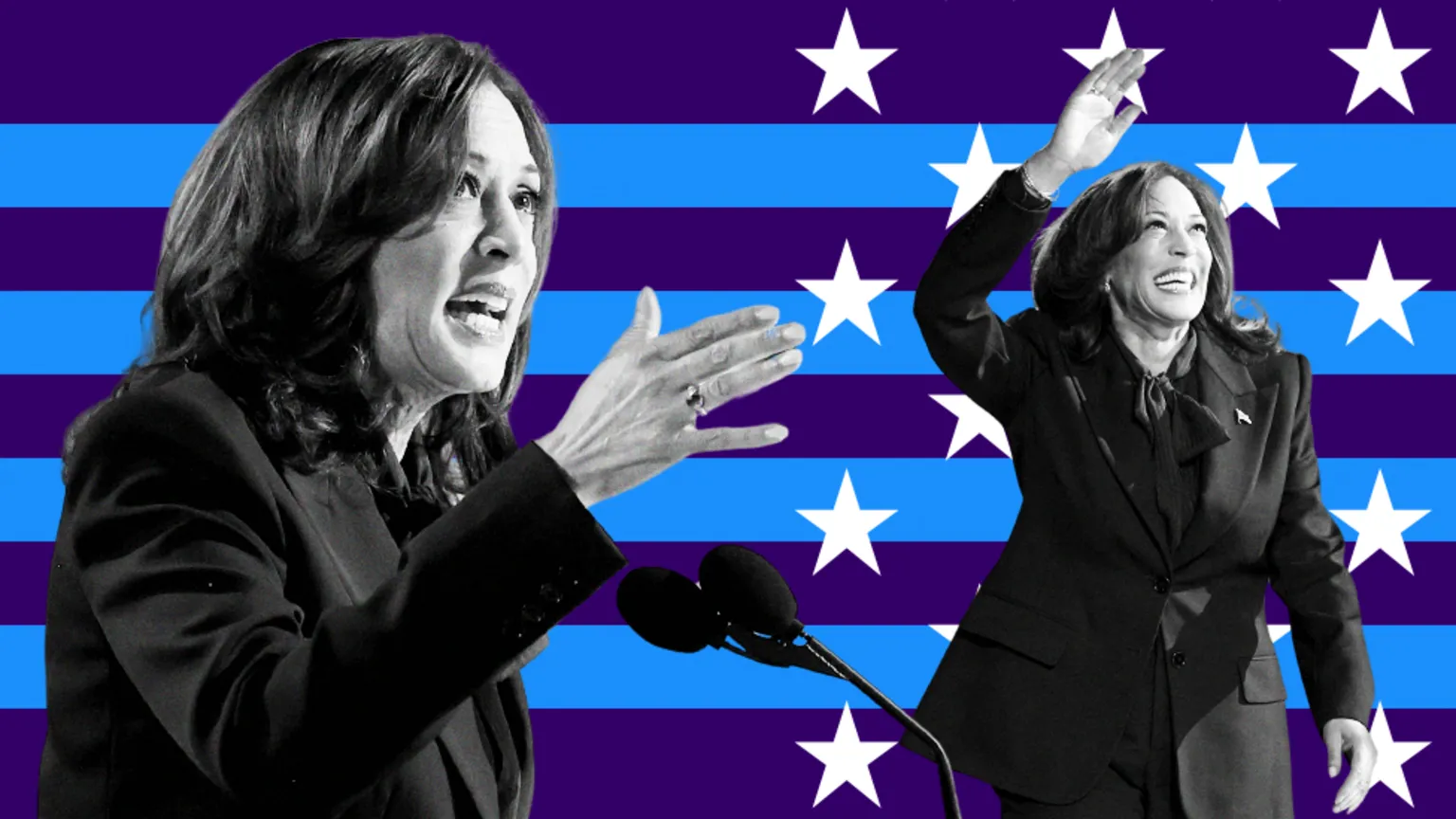The month since Kamala Harris launched her presidential campaign has been a largely unprecedented spell in American politics: never has a modern general election campaign gone from a standstill to a full sprint so quickly.
In that time Democrats pulled together a well-scripted national convention with slickly produced promotional videos, political set-pieces and musical interludes, all done to boost the new nominee. It was a remarkable test of skill by party operatives under extreme pressure.
Over the course of four days in Chicago – and in the packed campaign rallies Ms Harris has held over the past few weeks – the outlines of her campaign strategy have begun to take shape.
And it’s not exactly what one would expect from a sitting vice-president who has occupied an office in the White House for three-and-a-half-years.
Ms Harris is pushing hard to be viewed as the candidate of change in this race. One who, as she said in her convention speech on Thursday, can “chart a new way forward”.
For the most part, Ms Harris has shied away from describing in detail what her presidency would look like.
There’s talk of unity and a way beyond America’s divisive partisanship; a focus on strengthening the economy and reducing consumer prices; and a heavy emphasis on reproductive rights and abortion – an area of particular strength for Democrats.
But it is vague. And this vagueness may suit the Harris campaign just fine.
By largely being an empty policy vessel, Ms Harris has allowed various constituencies within the Democratic Party to project their hopes and priorities onto her.
If she can keep all those pieces together for the next few months, she might just win.
Ms Harris’s strategy is not without risk, however.
Just as Democratic groups are projecting their ideas onto the vice-president’s campaign, so are her Republican opponents. And they are using Ms Harris’s past, more liberal – and sometimes controversial – positions and statements as evidence that the lack of specificity is merely a cover for a left-wing agenda.
Read more at BBC.com



